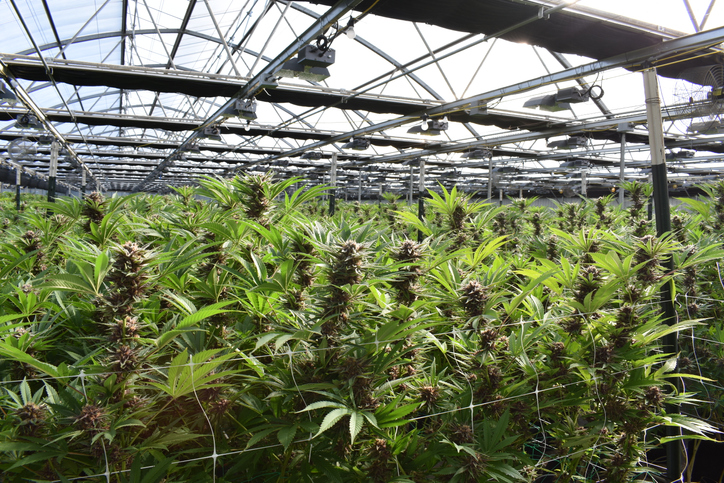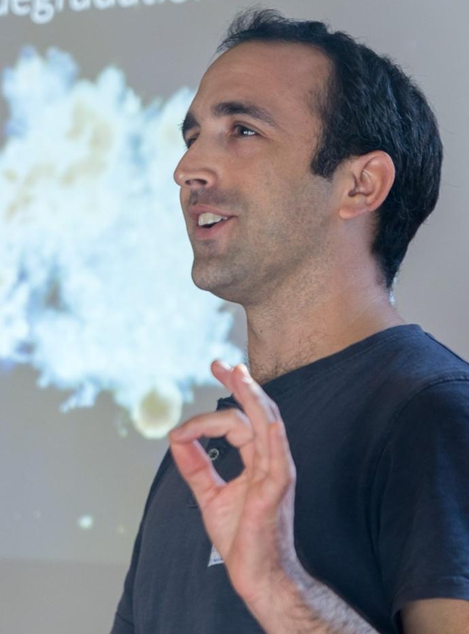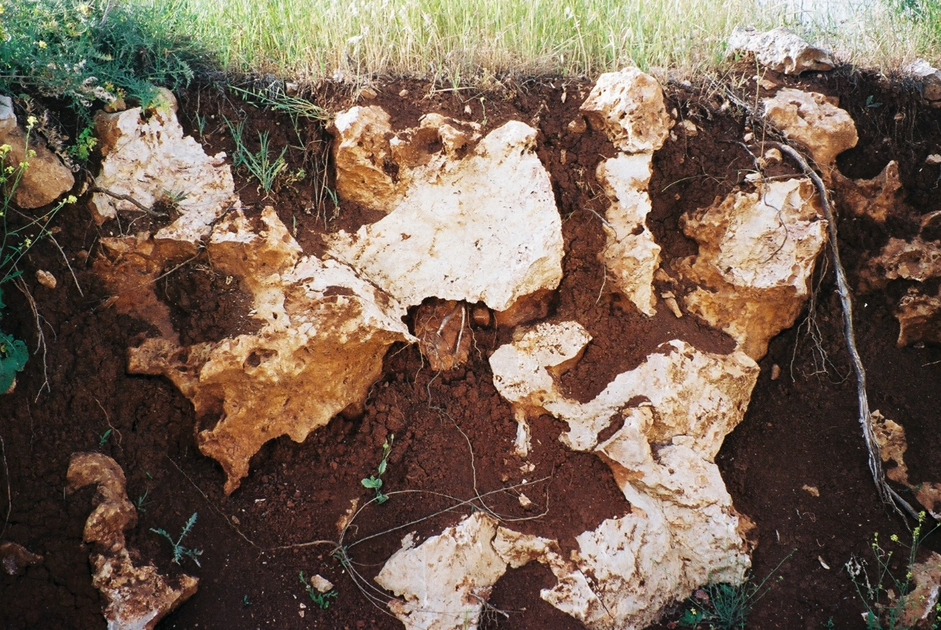
Yissum, the technology transfer company of the Hebrew University of Jerusalem, hosted a Wednesday conference aiming to boost cooperation between industry and academia for a variety of cannabis-related research and development.
Hebrew University is one of the leading academic institutions globally with expertise in cannabis-related research and patents. The university’s Prof. Raphael Mechoulam kickstarted the field in 1964 when he discovered tetrahydrocannabinol, or THC, the main psychoactive constituent of cannabis.
The Multidisciplinary Center for Cannabinoid Research set up by the university supports over 30 labs dedicated to cannabis tech, covering related agricultural technologies, formulation and manufacturing methods, novel therapeutics and combination treatments.
The one-day conference held Wednesday brings Hebrew University researchers and industry professionals together to focus on furthering cannabis research for future commercialization. By some estimates, the global cannabis market is thought to be worth $150 billion with predicted growth reaching $272 billion by 2028 and legal worldwide spending hitting $70 billion, the university said in a statement.

The idea of the conference is to have a “face-to-face discussion between industry players, entrepreneurs and faculty members as to where we are today and how we can go forward, and also to create collaborations,” Yaron Daniely, the CEO and president of Yissum, said in a phone interview ahead of the conference.
In 2018, the university struck 25 licensing agreements or research collaborations related to cannabis, he said, with such agreements accounting for 10% of Yissum’s total licensing volume, he said. “The field has grown dramatically.”
In March, Weed Inc. announced a multi-million dollar licensing agreement with Yissum based on the research results of Hebrew University’s Prof. Elka Touitou.
The focus of the cannabis industry going forward will likely be in a number of areas, Daniely said in the interview. For medical use, research will focus on pinpointing which extracts of the cannabis leaf can be used to treat which conditions; it will also study what formulations of the weed are best suited to treat various diseases, whether in cream form or in drops, and focus on better understanding the endocannabinoid system, the neurotransmitters in our bodies that have the ability to bind and react to components in the cannabis plant.
The aim is to understand what role the endocannabinoid system plays in a variety of diseases, and how cannabis “can be combined with other drugs to either enhance their efficacy and or decrease the side effects of these drugs, allowing more appropriate and continuous use of these drugs,” Daniely said.
“The endocannabinoid system is a very important bodily system and we believe that the use of agents that work with the endocannabinoid system can potentially help existing drugs work better and also reduce some of the side effects,” he said. “This is something we are very excited about and seeing a lot of interest as well.”
During the event, Yissum will honor Professor Mechoulam for his achievements in advancing collaboration between academia and the medical cannabis industry.
Itzik Ozer, director of business development for the Jerusalem Development Authority, said in the statement that the authority sees cannabis as an industry with “huge potential” for creating jobs and attracting Israeli and international companies to the city. Biotech companies and new cannabis companies setting up operations in Jerusalem will be entitled to entry grants of NIS 100,000 ($28,000) for each employee and up to NIS 4 million for the company.



